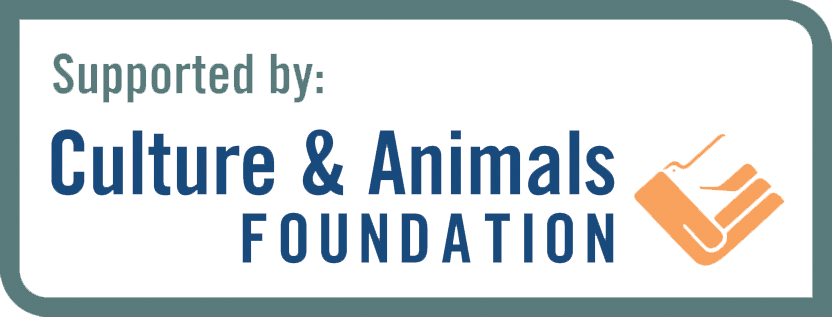Ordered by weight (if set) and creation date.
Projects
Thinking with Street Dogs
“Thinking with Street Dogs” is a multispecies ethnographic project exploring the lives of free-ranging dogs in Cusco, Peru. This project is grounded in the emergent tradition of pragmatist ecofeminism, and in particular the works of American pragmatist philosopher John Dewey and ecofeminist philosopher Val Plumwood, paired with fieldwork informed by the interdisciplinary approaches from informed by multispecies studies and the environmental humanities. In this project, I propose that the social and physical environment of Cusco makes it possible for dogs to live out their lives in ways that can be interpreted as living critiques of dominant approaches in animal ethics. The project involves philosophical fieldwork through which I think with Cusco’s street dogs themselves, and understand them as participants in moral theorizing; whose lives challenge universalized approaches and misconceptions. A central tension in this work is the question of how street dogs might be accounted for in a way that is more charitable and legitimizing to their forms of life, while also recognizing the undeniable challenges they face.
Designing for the Intimate Shared Reality of All Species
Installation for the 2023 Venice Architectural Biennale
Collaborative project with Kory Russel (Landscape Architecture/Environmental Studies) & Audrey Rycewicz (Landscape Architecture)


All humans, regardless of age, gender, race, rank, wealth, or power must excrete bodily waste on a regular basis. Humans and all other species share this intimate reality. A key difference between humans and other living organisms is that we are still attempting to manage our bodily waste as a resource without severely impacting or destroying other species and ourselves.
In this project we bring awareness to the transspecies entanglements within the context of Container Based Sanitation (CBS). We consider the environment and individual species who are implicated in sanitation practices within informal settlements. Attention is drawn to both the broader socio-environmental impacts of sanitation practices, and the individual lives—human and more-than-human—who are integrally tied to, yet often abstracted from, these processes. It is our hope that viewers will leave with a realization of three crucial points: 1) Sanitation processes necessarily involve other species who are often backgrounded—or remain largely unexamined entities—within typical considerations. 2) The benefits of improved sanitation are not confined to humans. A diversity of other species also stand to benefit from inclusive approaches to sanitation. 3) The realization of a wider transspecies community is integral in coming to terms with the global sanitation crisis—a wicked problem calling for considerations beyond a narrow anthropocentric worldview

